From Lüneburg to Tanzania – A Photovoltaic System for a Partner School
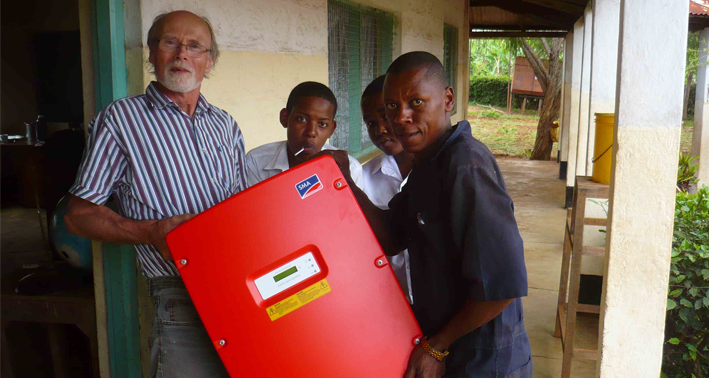
The public utility grid in Tanzania is not very reliable. There are frequent power outages in rural regions in particular, a circumstance that makes it difficult to run a school. The students of the German Wilhelm-Raabe-Schule senior high school in Lüneburg have taken on this challenge.
In October 2013, students of the Wilhelm-Raabe-Schule senior high school went on a very unusual outing: Instead of the typical school trip to a youth hostel in Germany, they headed off to Marangu, a little town at the foot of Mt. Kilimanjaro in Tanzania. In their luggage, they brought along a 5-kWp photovoltaic system for the Bishop Moshi Secondary School.
Since as far back as 2006, the northern German UNESCO project school and its partner school in northern Tanzania have cultivated a partnership that already served as a framework for several mutual visits and various projects. Along with the cultural exchange, the subject of renewable energy has always played a key role in this partnership. The preceding joint project, “Developing the Partner School in Tanzania with Solar Energy,” was even honored with the 2012 German Climate Award, which comes with a €10,000 prize. However, that project only dealt with use of solar energy on a small scale – namely, for operating handheld lamps. The current project had the aim of using photovoltaics to provide electricity for the entire school.
Applied Physics: German Installation as a Pretest for Tanzanian School
Karsten Riggert, the head of Tanzania AG, has the necessary expertise for projects like this. The physics teacher is a renewable energy pioneer: Together with his students, he installed a PV system on the roof of the Lüneburg school over ten years ago. This commitment directly benefits the school partnership: All feed-in revenues go to the partnership with Bishop Moshi Secondary School. The subject of renewable energy has thus become a cornerstone of the Tanzania AG offering at Wilhelm-Raabe-Schule and is a part of the basic concept of the UNESCO project school.
Before their departure, the Lüneburg students studied circuit diagrams and learned about the assembly and functioning of solar modules and inverters, based on the example of their own school’s system. Cooperating with Karsten Riggert, their Tanzanian partners, and a local electrician, they were accordingly well prepared to undertake the installation of the system, which included 52 modules and a battery storage system with a total output of 26 kWh.
A Sunny Mini Central and two Sunny Island devices now help to ensure a continuous power supply for the school. On the very day the students arrived, countless helping hands unloaded the multiton cargo from the container and initially stored it in the school building. Within a week, the helpers mounted the modules on the school roof, which had been previously reinforced. After that, the inverters and storage system were installed, with the result that the entire system was ready for operation after three weeks.
Together for more reliablity of the utility grid
“Working on the roof of the partner school and setting up the system together with the Tanzanian students was a very special experience for all of us,” said Karsten Riggert. “Laying the cables and installing them with the assistance of the Tanzanian electrician was also quite interesting. We helped each other and each group was able to contribute practical ideas.”
The installed system not only significantly reduces the electricity costs of Bishop Moshi Secondary School, but also allows it to be more independent from the Tanzanian utility grid that does not offer much reliability at all. Currently, connection to the grid is a necessary recourse only in the event of very high consumption or to avoid completely discharging the batteries.
Background
Tanzania still belongs to the group of underdeveloped countries. In the Human Development Index (HDI), it ranks 152 out of 187 countries. Particularly in regions far from the coast, the infrastructure is poorly developed. Access to clean drinking water is not secure, and the public utility grid is not stable, and thus not a reliable source of energy. The community of Marangu is located in the northern part of the country, at the foot of Mt. Kilimanjaro, and is the gateway to Kilimanjaro National Park for many mountain climbers and hikers.

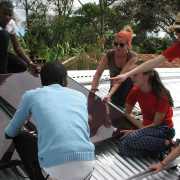
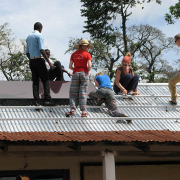
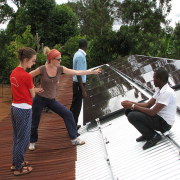
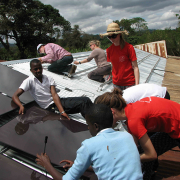
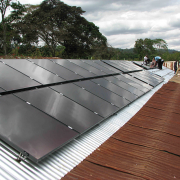
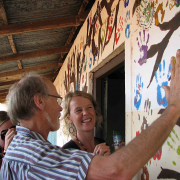
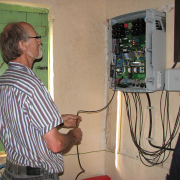
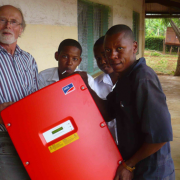
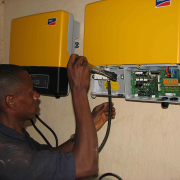
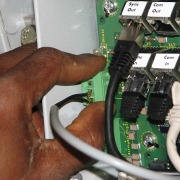

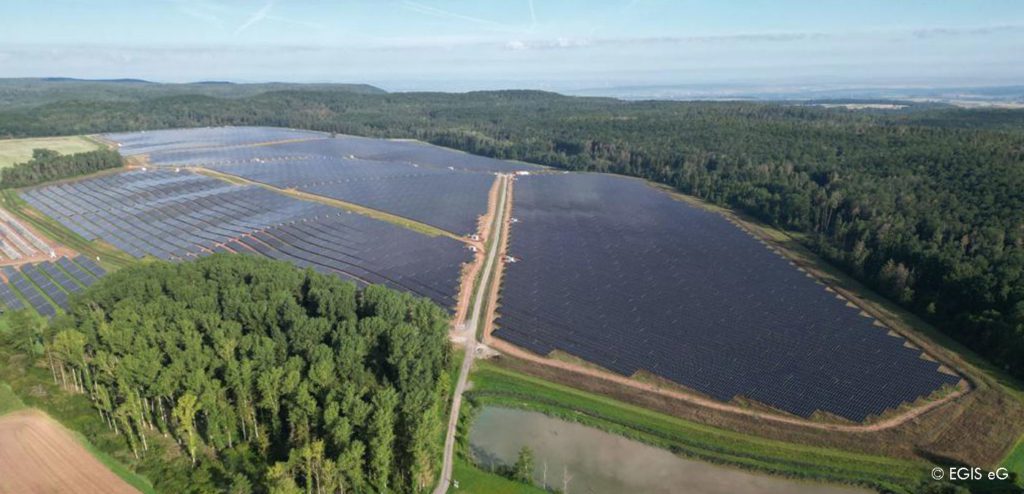
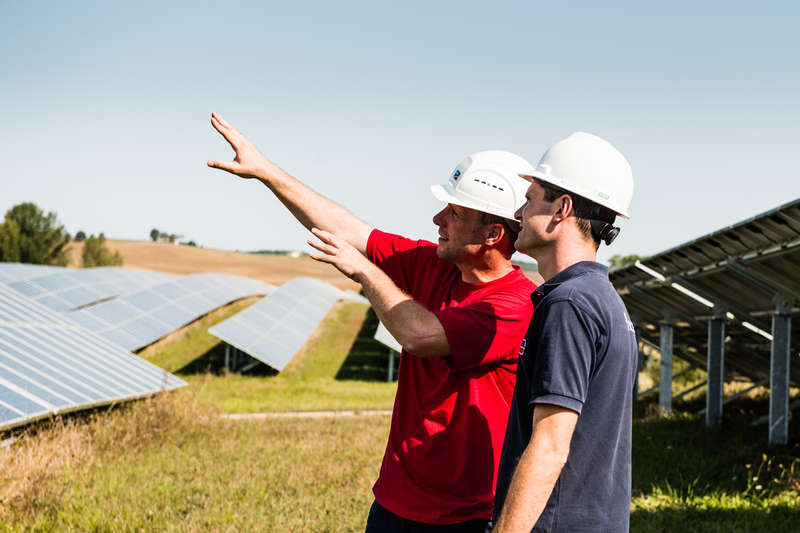
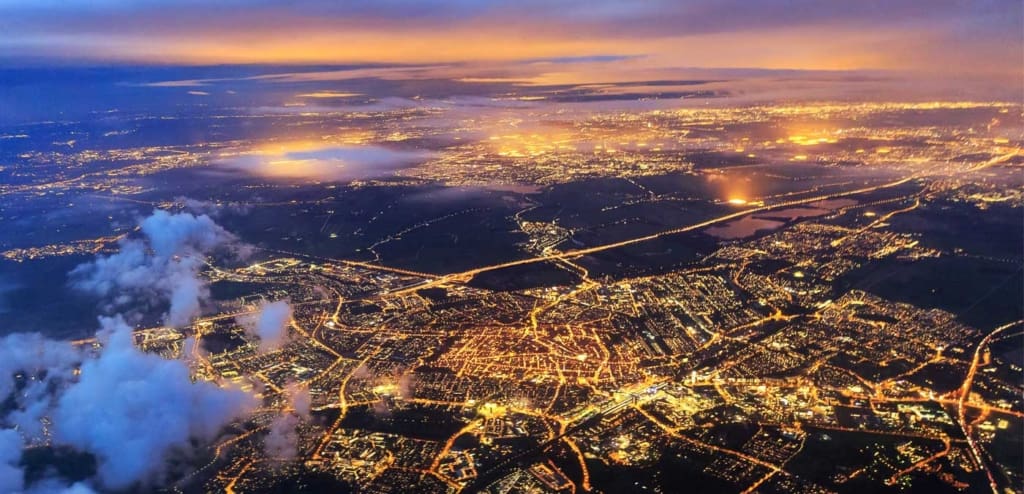
I am very much happy and interested in your project My names are Richard Injendi I own a school of about 400 children in Kibaha District rural . Can we please get in touch for more
Para dizer verdade,gosto muito de ser dia tecnico de Central Fotovoltaico.
Para Africa È muito importante nao so,quase é indispensavel energia renovavel.tendo enconta as dificuldades de iluminar as casas,nas ruas,na Agricultura,nas ecolas e fim…é enorme da Energia Solar fotovoltaico.
nao sei quem pode me ajudar o problema do meu Pais,Guiné-Bissau a resolver problema de Energia nas Escolas do meu pais e do meu povo…
Peço pessoas de boaa vontade de me conseder uma bolsa para formar nessa area,asisim,para ajudar o meu pais Hospitais 24 horas sem luz…